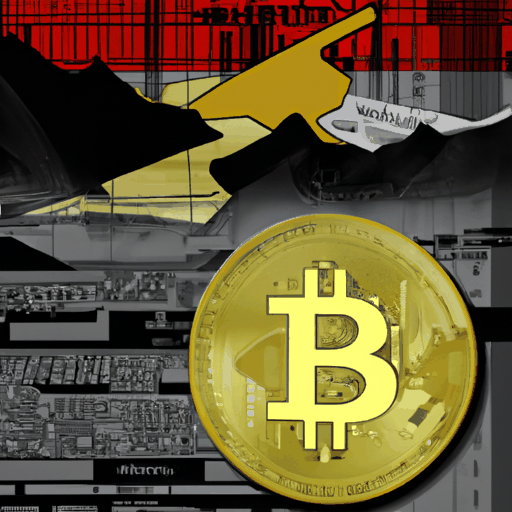
Bitcoin Shows Resilience Amidst Middle Eastern Tensions
By: Eliza Bennet
Bitcoin's ability to stay robust amid geopolitical tensions is again in the spotlight as its price surpasses $100,000. This rally comes despite recent U.S. airstrikes on key nuclear facilities in Iran, signaling a steadfast confidence among investors in Bitcoin's potential as a protective asset. Traditionally regarded as highly volatile, Bitcoin's current stability suggests its earlier rebranding as a safe-haven asset akin to gold is resonating within the financial community.
On the geopolitical front, tension has intensified drastically following the recent military maneuvers by the United States targeting Iran's nuclear sites, such as Fordow, Isfahan, and Natanz. These actions have instigated fears of escalating conflict, especially given Iran's control over the Strait of Hormuz, a vital corridor for 20% of the world's oil supply. Disruptions in this region could spark significant impacts on global oil prices, potentially surging to $130 per barrel, with widespread economic consequences such as increased inflation.
In contrast, Bitcoin’s resistance to the turbulence in traditional markets signifies a potential shift in its role within global finance. Bitcoin's inherent characteristics — decentralized structure, limited supply, and liquidity — are becoming increasingly attractive amidst policy uncertainty. As oil prices exhibit volatility, Bitcoin continues to trade robustly around $102,600, reaffirming its position as a modern hedge against global economic instability.
The evolving narrative of Bitcoin being a reliable store of value aligns with the broader digitalization sweeping financial systems. Its continuous trade capability, open 24/7, also makes it an immediate refuge in times of economic upheaval, which is an advantage over traditional markets. Investors seeking stability amid geopolitical strain seem to be recognizing Bitcoin’s maturity as a standout choice for diversification, complicating its once speculative image.



